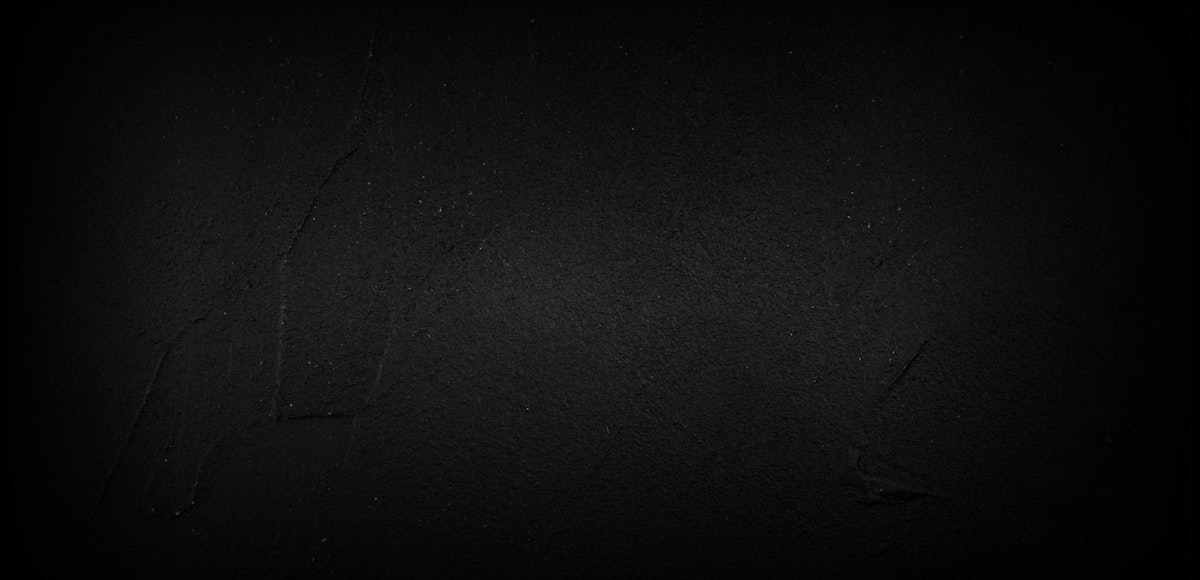At Rotondes, we don’t like resting on our laurels. So even though we’ve only just finished the 22/23 season, we’ve already published our programme for 23/24 – and it looks very enticing indeed! Laura Graser, our Performing Arts and Creative workshops’ (Labos) programmer, told us how to put together a successful season.

Performing Arts Laura Graser
Laura, how easy – or hard – is it to put together a season of shows for Rotondes? Where do you start?
I’m constantly on the lookout for the perfect show but that doesn’t mean that a season is created just by making a list of the programmer’s favourite picks! A successful season is one that fulfils certain criteria, so you get a good balance. For example, at Rotondes we aim to offer a ‘live performance’ programme to suit all ages, from very young children to adults. So, when you start out with age categories as a practical condition, you quickly get to a point where you feel like you’re sitting with an Excel spreadsheet and ticking boxes! (laughs) It sounds less grand and artistic than you’d think, but that’s the reality.
Of course, the age of our audiences is just one of many things that are taken into consideration. Artistically, we strive to show very diverse forms. In terms of the calendar, our highlights (Chrëschtdeeg an de Rotondes, Fabula Rasa, PICelectroNIC…) punctuate the season. And finally, we seek a balance between the performers we have followed and supported for a while and those who have not yet performed in Luxembourg.
Finding a linguistic balance must be another challenge?
Absolutely! In Luxembourg City the population is very international and at the same time many internationals mingle with people who have grown up here and who speak Luxembourgish at home. We’re always asking ourselves: what is the right amount of text, in which language, for whom? Luxembourg’s multilingualism and multiculturalism makes it a uniquely complex and rich place. Devising Rotondes’ programme for a new season requires having a broad vision of what is going on around us – including beyond our territory. This is why exchanging with colleagues in neighbouring countries is also important. However, as we’re talking about art, opinions can vary widely. I need to form my own judgement based on the recommendations I get, and never lose sight of our context and artistic viewpoint.
You attend a lot of shows in many different places throughout the year. Are you still able to be a ‘simple’ spectator?
No! (laughs) When I go to a festival and see maybe 4 – 5 shows a day, I must admit that I lose the ‘simple’ spectator feeling of buoyancy and candidness. But even though I go into a show in a more professional mode, I’m still full on and driven by finding the gems that will make next season’s programme a great one. There’s a special joy in bringing the perfect shows to Rotondes. That never changes and always motivates me.
You talked previously about providing support to live arts compagnies. How does Rotondes go about with that?
There are various degrees of support we can give. In 23/24 for example, our audience will be able to see the drawn concert Minuit, which is a large in-house creation project. It’s a continued collaboration, initiated with Luxembourgish artist Florence Kraus and Frenchman Grégoire Terrier for the film concert Curieuse Nature, which we co-produced with the Luxembourg City Film Festival. We support the whole project at the executive level, the artists will be in residency at Rotondes, and the premiere will take place here too, in November.
Another example is that of the Luxembourgish company Kopla Bunz. In 23/24 we will not only welcome the reprisal of their show Knuet but the final rehearsals of their new show for very young children: À propos Liewen will also take place in our Black Box, before the first performances, at Rotondes too.
We regularly commit to projects early on, long before the premiere, simply because we love the world of live arts companies. This was the case for Casimir, the Arts et Couleurs company’s object theatre.
The commitment to support live arts also extends to non-professional projects…
There are participatory projects where Rotondes acts as a coordinating, creating, and supporting entity. This is the case, for example, for the Hip Hop Marathon, coproduced with CAPE and Rocklab. And also the Theaterlabos where participants rehearse every week from January till June and the final presentation takes place during Labos Fest. When it comes to these long-term projects, we define a common thread or an open theme every season, which leaves plenty of room for imagination to be interpreted differently by each group. In 23/24, the theme will be shadow and light.
So, putting together a season is all about making choices and finding the right balance. But in the end, what does the perfect show at Rotondes look like?
I’d say it must somehow be surprising, whether in form or content – and ideally both. As we are not a traditional venue, the perfect show doesn’t have a traditional format. Our audience knows that even though they come here regularly, they will always see something innovative and different, not only compared to the previous show at Rotondes but also more generally compared to other cultural venues. Our aim is to pave the way for imagination.
Let’s end with the question all programmers dread: which show should under no circumstances be missed in 23/24?
That is such a tough choice to make! (pause) I hope our audience doesn’t miss The Making of Berlin. It’s such a particular project on so many levels. I also think the end of the season will be very special, with the big ‘circus ball’ En attendant le grand soir. But really, I assure you, the whole season will be amazing! (laughs)




